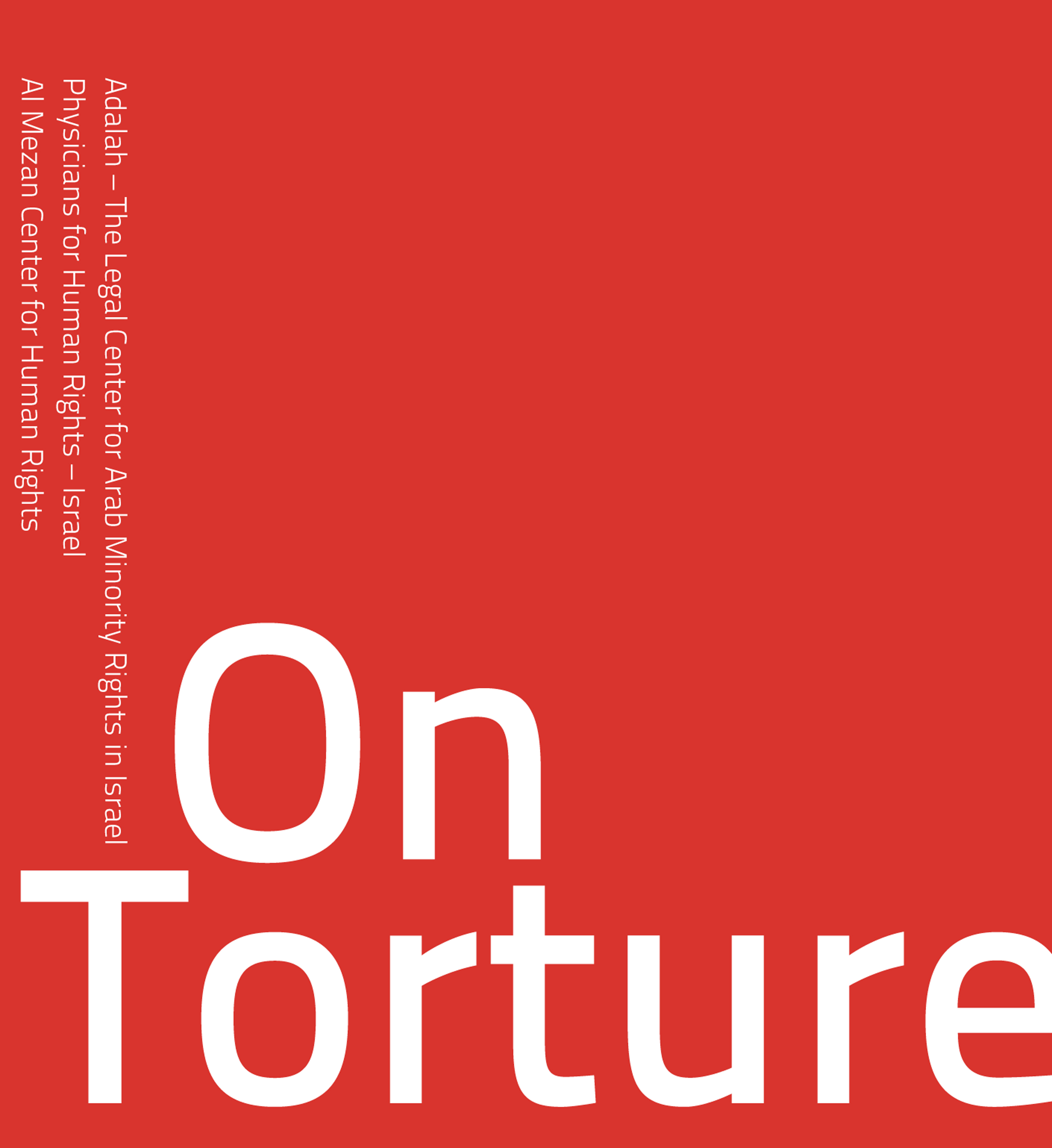In violation of Medical Ethics and International Law: Israel Restricts the Access of Gaza Patients to Urgent Medical Treatment if their Condition is Not Life-Threatening
A new position paper by three human rights organizations, Physicians for Human Rights-Israel (PHR-IL), Al-Mezan and Adalah, reviews Israel's exit policy at the Erez Crossing regarding Gaza patients seeking medical treatment unavailable in Gaza. The paper argues that there is a consistent Israeli policy of distinguishing between life-threatening cases and cases that affect quality of life, as a basis to deny their exit from the Strip for medical treatment,which violates the principles of medical ethics and international law.
This conclusion is based on an analysis of Israel's rejections of applications submitted by Gaza patients during 2009, which found a strong correlation between cases considered life-threatening and permit approval rates. It should be stressed that cases which are not defined as life-threatening, and which were denied by Israel, can still be clinically urgent: this includes, for example, conditions that can lead to the loss of limbs, organs, or eyesight.
The organizations argue that Israel must allow every patient requiring medical treatment that is unavailable in Gaza access to treatment outside the Strip without delay.
The policy, which was first adopted on June 2007, is still in effect today. In the past few weeks, PHR-IL has received about 40 applications from Gaza patients whose requests to exit Gaza to receive medical treatment had been rejected by the Israeli security authorities. This is an extraordinarily high number of rejections in a relatively short period of time, which calls for special attention, given that all of these patients suffer from non-life-threatening medical conditions. On June 15, 2010, after 11 individual requests submitted by PHR-IL to the Israeli security authorities had been rejected, PHR-IL submitted a collective request in behalf of the 28 remaining patients, asking the security authorities to reconsider their cases.
Distinguishing between a life-threatening medical state and one that hinders quality of life – while denying medical treatment in cases which are not life-threatening – contradicts the principles of medical ethics. These principles mandate that all patients are entitled to the best available medical treatment, regardless of the urgency of the treatment or the severity of their clinical state.
Such a policy also contradicts international humanitarian law and international human rights law, which uphold the rights to life, physical integrity and dignity. The right to medical treatment is integral to these rights, which are also recognized as fundamental rights under Israeli law.
Dr. Harel Arzi, Specialist in Orthopedic Surgery and PHR-IL volunteer: "The difference between causing individuals to suffer from defects on purpose and causing them to suffer from defects or disability by denying them medical treatment for an existing condition – this difference is merely semantic. Whoever prevents patients from accessing medical treatment by restricting their movement is directly responsible for their medical condition, even if he or she did not cause this condition."
According to the organizations, the withholding of treatment from Gaza patients who do not fall within Israel's delineated medical criteria is the result of considerations that are foreign to medicine, among which are political considerations. Furthermore, deliberately withholding medical treatment from patients in need in order to achieve political goals is a form of collective punishment, prohibited under international humanitarian law. It constitutes a further layer of Israel's policy of tightening the closure of the Gaza Strip, imposing hardship on its residents and limiting their movement, and should be halted immediately.













